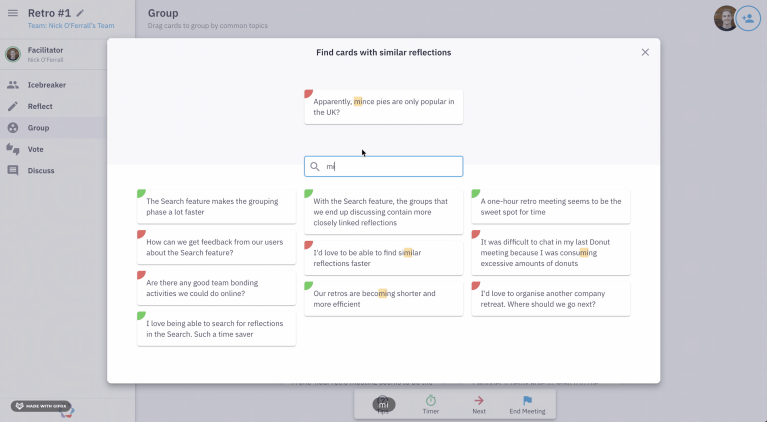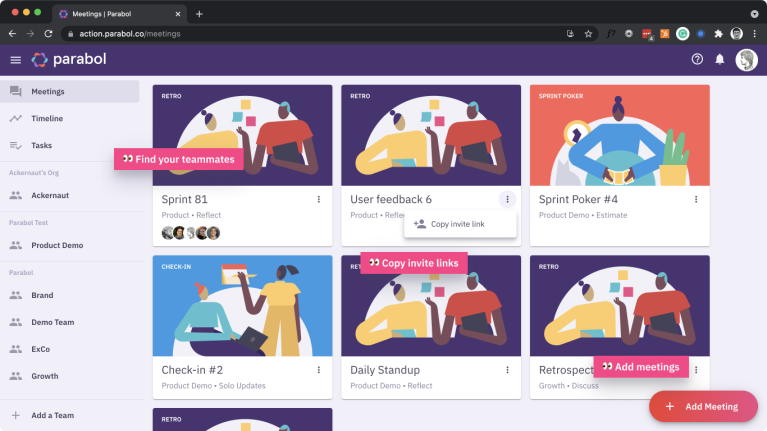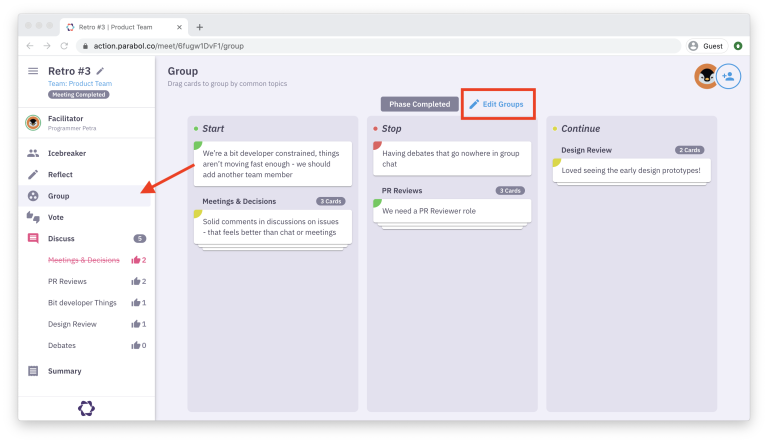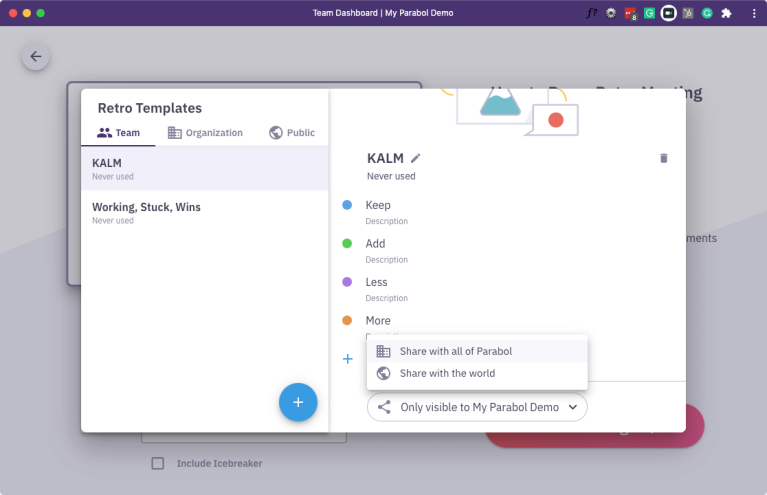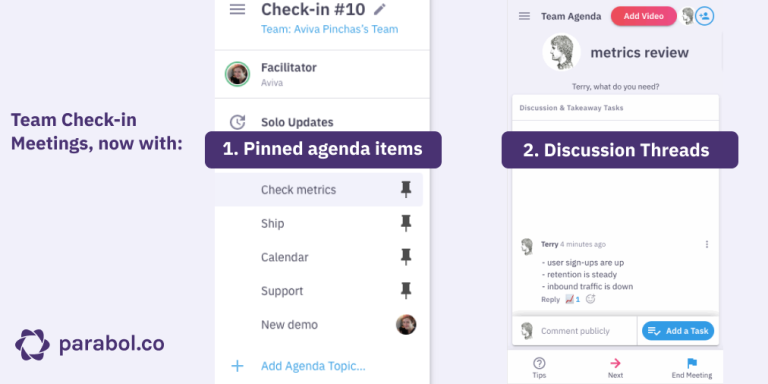New: Estimate GitHub Issues with Remote Planning Poker™

Parabol was built completely in the open using GitHub. Every new idea starts as a discussion. We pick the most compelling ideas and turn them into issues, where they’re prioritized and slated for the sprint.
Of course, to know how much work to add into a sprint, we need a sense of how much effort each Issue will take.
With our Sprint Poker meetings, teams collaborate on estimation using a friendly and familiar digital Planning Poker™ deck. Since launch, the entire flow integrates with Jira, so you can pull in existing stories, see the related details, decide on an estimate, and sync their estimates back to the appropriate field in Jira.
Unfortunately, teams like ours that use other backlog management tools haven’t been able to enjoy this smooth workflow… until today.
Our new GitHub integration features let teams directly select GitHub issues to prioritize, discuss their size and value, vote, and push the estimate to GitHub all in one smooth motion.
How it works: Pull in Issues directly from GitHub and sync estimates back
It begins in the Scope phase. In a single click, you can connect to your GitHub account.
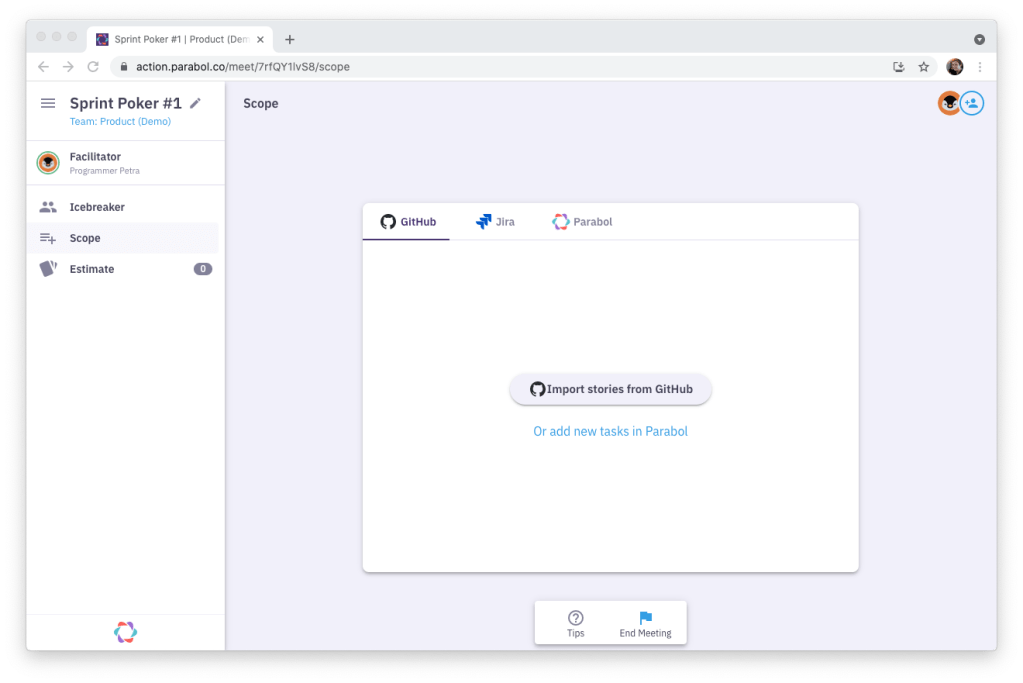
Once connected, you’ll see the most recent GitHub issues that you’ve been working on.
You can further filter the issues by a particular repository by using the dropdown filter menu.
If you prefer a more advanced filter, such as by label, milestone, or body content, Parabol supports the entire GitHub search syntax. We’ll also save your most frequently used search queries so you won’t have to remember them.
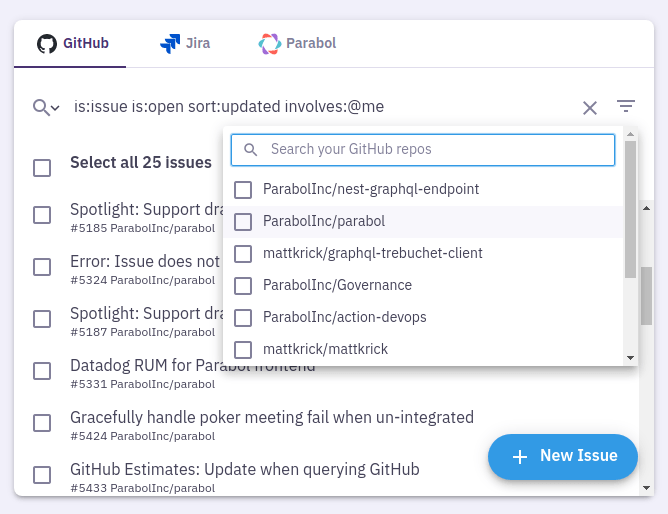
After selecting the issues to estimate, it’s off to the poker table!
This is where team members can discuss the issue. The key details – the title, description and issue number – are visible up-top for the whole team, so you know you’re on the same page. Team members can ask questions in the discussion thread, and even make anonymous comments.
When they’re ready, team members pick their estimate from the deck of cards before them.
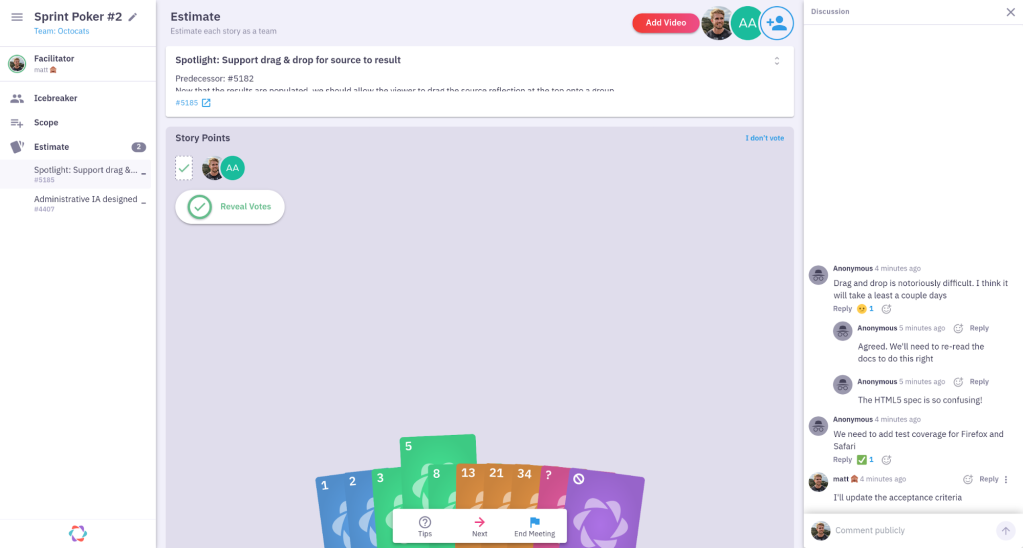
After the team has placed their bets on how much effort the issue will take, the facilitator reveals how everyone voted. From there, you need to decide on an estimate together.
When you have a decision, just push that estimate back to GitHub.
You can choose to have estimates sync as comments added to the issues, or as labels.

If a label doesn’t already exist in GitHub, Parabol will create one, using the corresponding color from the card deck. ✨
You can even create a new value – one that doesn’t exist in your card deck – and sync that as well – or change your mind as many times as you like.
And that’s it: your estimates are ready for you on your GitHub issues.
Customize estimation for your workflow: your scales, where you want them
The magic of estimation, of course, lies in how teams use it to prioritize the issues.
Some teams estimate how much effort each issue will take. Other teams go a step further and calculate“Weighted Shortest Job First” by estimating both effort and value, so they can prioritize the best bang for their buck.
And while the Fibonacci scale is the most popular, teams might prefer a simpler scale for their estimates like five fingers, t-shirt sizes or some other estimation technique.
Whatever your preferred way of working, you can create custom techniques and scales directly in Sprint Poker, and then customize where those live in GitHub.

Once you’ve created your custom scale, you can define how that’ll show up in GitHub.
For example, popular GitHub repositories will use the P-scale to rank bugs based on severity by creating a custom label for each.
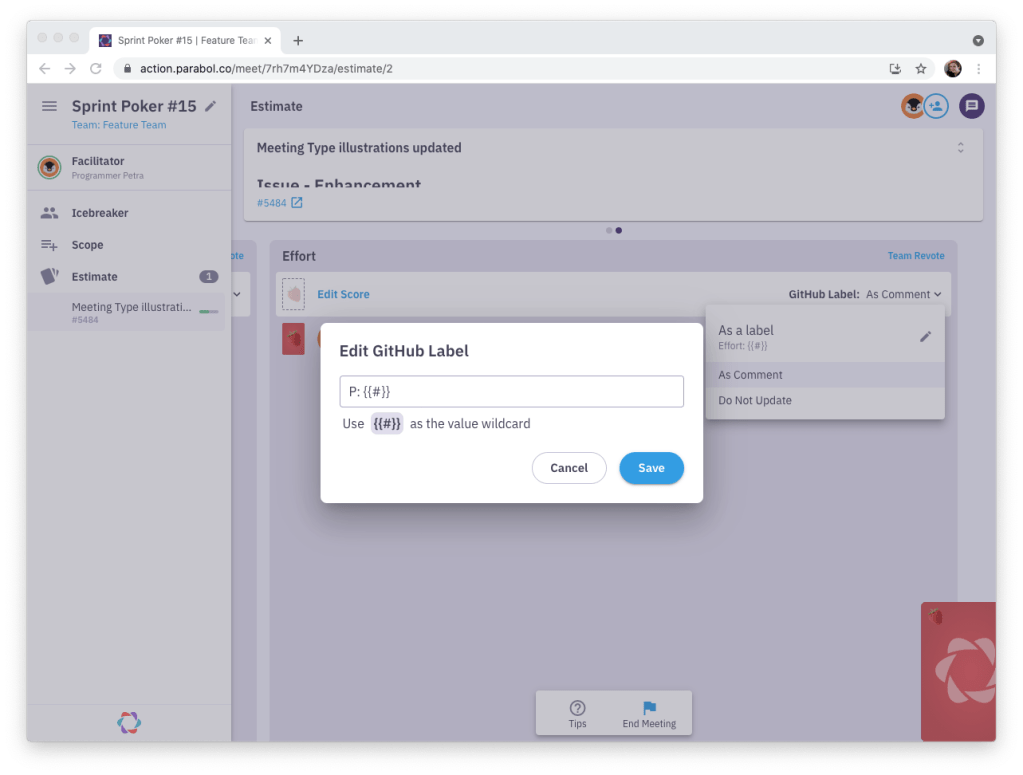
Take estimation to the next level: Async, Inclusive and Fun
These new integration features build on the strong foundation of Sprint Poker.
To tackle agile estimation for remote teams, we spoke with many users, who told us their tried-and-true practices were not translating to a remote-first world. So we brought in the features that we already know they value:
- ☕ Optional Icebreakers built-in to get the team talking
To get the team in-the-groove, Sprint Poker meetings can start with a social check-in question. - 👻 Hidden estimates to prevent anchoring
Bets in the estimate phase are initially secret, so every team member gives their honest opinion. - 🙊 Anonymous commenting to make asking questions easier
Team members can comment anonymously, meaning no one is too scared to ask the ‘dumb question’ that unlocks key details about a feature. - 🙅 Built-in common responses to smooth out the process
From an ‘I don’t vote’ button to the option to re-vote, participants aren’t locked into a process.
Our Sprint Poker meeting is built to help teams.
Try it today: estimate GitHub issues with your team, wherever they are
We’re excited to release our Sprint Poker GitHub Integration to the world.
There is no limit on the number of meetings, number of integrations, or number of estimates that you can push to GitHub. We hope this helps companies that use GitHub as their primary task manager.
As big proponents of open-source software, we also hope this makes your open-source projects a little bit easier.
If there are any features missing, start a Discussion on GitHub – it’s where all good things in Parabol begin.

